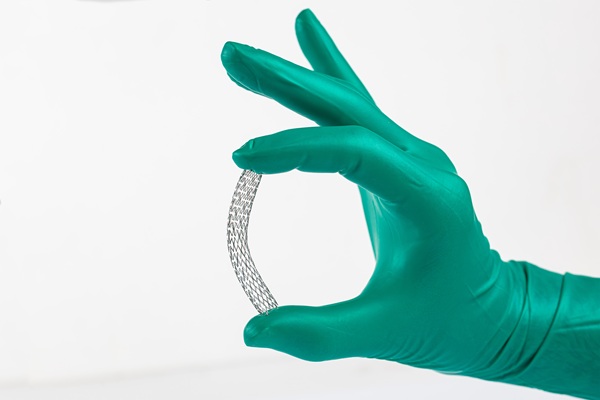Four Tips For Reducing Your Cardiovascular Disease Risk

Cardiovascular disease refers to a number of heart and artery conditions. The term often sparks fear in most people; however, with the help of a cardiologist, optimal health can be maintained and achieved to reduce the risk of heart problems. Keep reading to learn about ways to avoid cardiovascular diseases.
Reduce the risk of cardiovascular disease
Below are four tips that should be carefully considered when trying to lower the chances that cardiovascular disease will develop. These tips come straight from a cardiologist who is on the front lines of heart problems.
1. Eat a healthy diet
Diet is the number one factor in reducing disease. Individuals who eat a poor diet are much more likely to develop and suffer from cardiovascular diseases. An obese or overweight person will likely have clogged arteries, which leads to serious problems. However, with a healthy diet, this risk becomes lower.
A healthy diet includes one that is rich in vegetables and fruits. Additionally, lean protein is important, with a limit on red meat as over-consumption can cause problems with health. Aside from the actual foods that are consumed, cardiologists recommend a diet full of water, vitamin C, and multi-vitamins, as these all ensure good overall health.
2. Exercise regularly
Exercise is key in order to avoid cardiovascular disease. While it is not required to run on the treadmill or lift weights every day, physical activity of some sort is highly recommended. Physical activity keeps the body in good shape, which is necessary in order to keep the heart and arteries healthy. Cardiologists and doctors recommend at least 30 minutes of physical activity per day.
3. No smoking
Smoking anything is extremely dangerous for the body; however, tobacco products in particular can lead to the development of cardiovascular disease. The lungs are an obvious culprit of the nicotine that makes up products like cigarettes, but what many fail to realize is that the heart plays a role in the lung's function too. When the lungs are unhealthy, the heart is also likely to suffer. Additionally, the nicotine that is inhaled into the body will build up in the arteries, causing clots to form. Over time, cardiovascular disease may develop.
4. Limit alcohol consumption
While alcohol is not said to be bad for the body, over-consumption and excessive amounts of it can actually do serious damage. Aside from the liver, the heart can also be poorly affected by alcohol consumption. It is recommended to limit alcohol intake, if not completely eliminate it, in order to reduce the risk of cardiovascular disease.
Find out more from a cardiologist
A cardiologist is a great resource to utilize when looking to lower the chances that a heart problem will develop. Individuals who fear that they are at risk should consult with a cardiologist in order to undergo an evaluation. Additionally, questions or concerns can be addressed. Reach out today to learn more about cardiovascular disease.
Request an appointment here: https://boyntonbeach.floridapremiercardio.com or call Florida Premier Cardiology at (561) 229-1411 for an appointment in our Boynton Beach office.
Check out what others are saying about our services on Yelp: Read our Yelp reviews.
Recent Posts
Coronary stent placement is a treatment for coronary artery disease, a buildup of plaque (fat and cholesterol) around the heart's arteries. Along with angioplasty, a stent helps restore blood flow to the heart, relieving symptoms such as chest pain and shortness of breath and helping prevent a heart attack. The following overview of coronary stent…
Heart disease treatment encompasses a range of interventions, from lifestyle changes and medications to surgical interventions. Individuals can manage their condition and improve their quality of life by working with a cardiologist. Successful heart disease treatment starts with the patient having the information they need to make informed decisions about their health.Also known as cardiovascular…
A heart specialist is a doctor specializing in diagnosing and treating cardiovascular conditions. Patients may be referred to one of these doctors for several reasons, from diagnosing a heart health issue to getting cleared for surgery. However, seeing a heart specialist is even more crucial for those either experiencing the signs of heart disease or…
Cardiologists perform angioplasty to open blocked arteries, specifically those caused by coronary disease. This minimally invasive alternative to open heart surgery can restore proper blood flow to the heart and often reverse the fast track to a heart attack. However, learning when one is necessary is crucial for treatment success.Coronary artery disease (CAD) is a…


